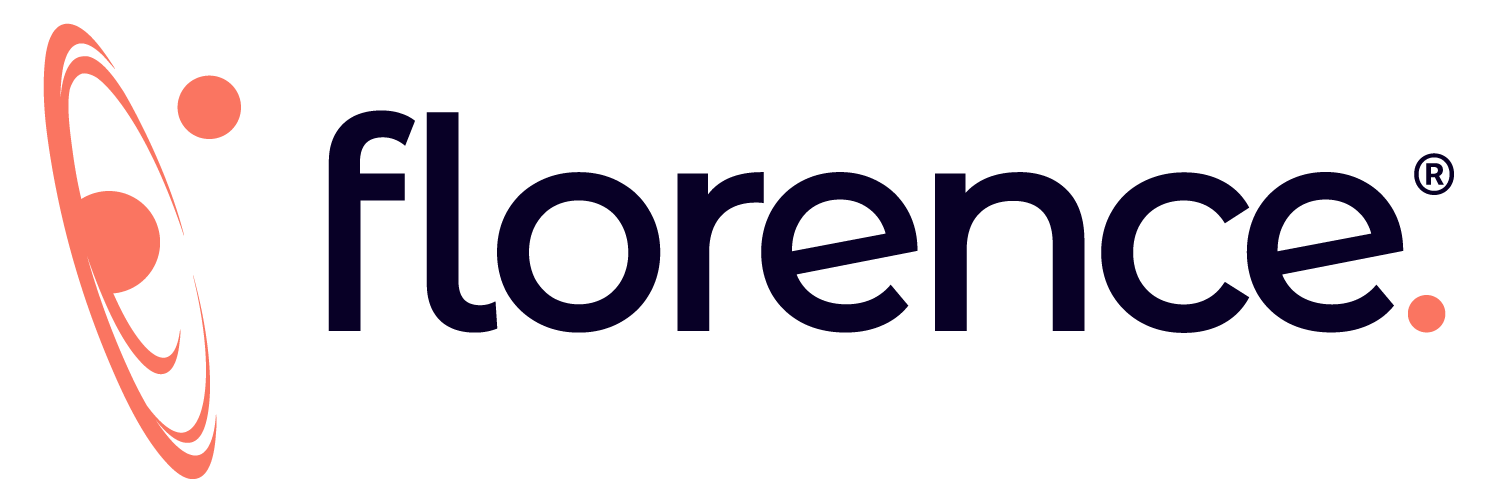Pairing remote monitoring devices with event driven medicine algorithms has the potential to address home health care’s current reliability and usability limitations. Studies have shown that home devices in this setting are fit to address the needs of chronic illnesses.
Why are chronic diseases fit for this purpose? The non-intensive nature of chronic disease. Chronic diseases need daily monitoring, but not constant monitoring. Chronic diseases typically involve the elderly and event driven medicine takes the responsibility out of the users hands and into the decision process of a defined algorithm. For more data, see Dr. John Halamka’s views in this information week article here, and the devices enabling remote chronic care at Wearablesandapps.com.

Wearablesandapps.com hosts a free directory of devices for remote care.
But how can the model-application for event driven medicine in chronic home care be applied to other opportunities in medicine?
Will event driven medicine be used to augment patient care in pathway based medicine, such as those patients recently diagnosed with cancer who are placed on a chemotherapy protocol? Is event driven medicine the answer to clinical trials, where many trial participants are monitored for both good and adverse outcomes throughout the course of a trial? Lastly, can event driven medicine help in disease outbreak situations where it is crucial to identify patients early in the disease process for treatment and quarantine?
In our view, homecare has kick-started the event driven medicine machine. Now we’re expectantly waiting for the next phase be it pathway-based, clinical trials or epidemic control.
Do you agree? Please share thoughts in the comments section or send questions to info@florencehc.com.

